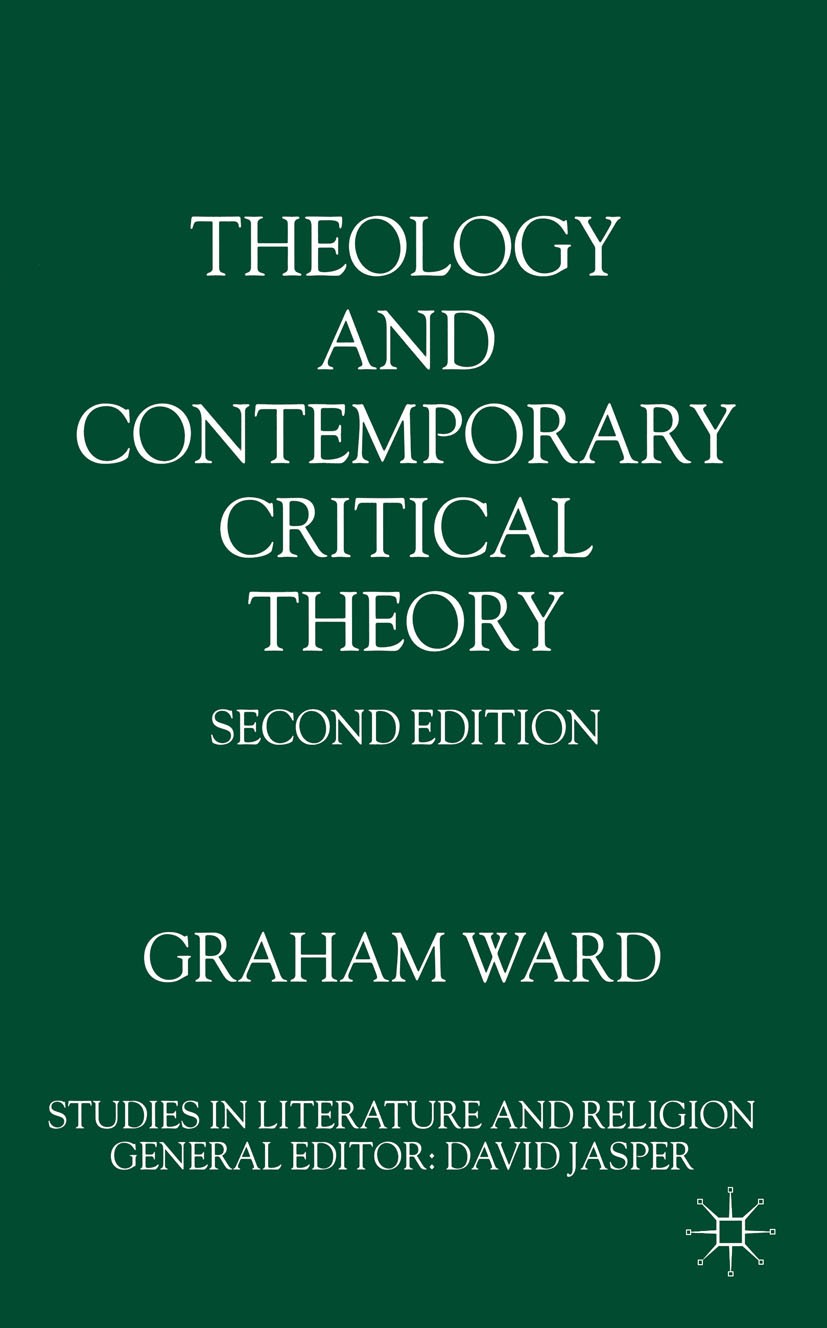| 书目名称 | Theology and Contemporary Critical Theory |
| 编辑 | Graham Ward |
| 视频video | http://file.papertrans.cn/923/922758/922758.mp4 |
| 丛书名称 | Studies in Literature and Religion |
| 图书封面 |  |
| 描述 | Outlining the four fundamental concerns in the study of theology with representation, history, ethics and transcendence, this book examines each of these concerns in the light of contemporary critical theory. |
| 出版日期 | Book 2000Latest edition |
| 关键词 | edition; Emmanuel Lévinas; ethics; future; historicism; history; history of literature; Jacques Derrida; Jea |
| 版次 | 2 |
| doi | https://doi.org/10.1057/9780230599055 |
| isbn_softcover | 978-0-312-22766-1 |
| isbn_ebook | 978-0-230-59905-5Series ISSN 2946-8744 Series E-ISSN 2946-8752 |
| issn_series | 2946-8744 |
| copyright | Palgrave Macmillan, a division of Macmillan Publishers Limited 2000 |
 |Archiver|手机版|小黑屋|
派博传思国际
( 京公网安备110108008328)
GMT+8, 2026-2-9 21:38
|Archiver|手机版|小黑屋|
派博传思国际
( 京公网安备110108008328)
GMT+8, 2026-2-9 21:38


